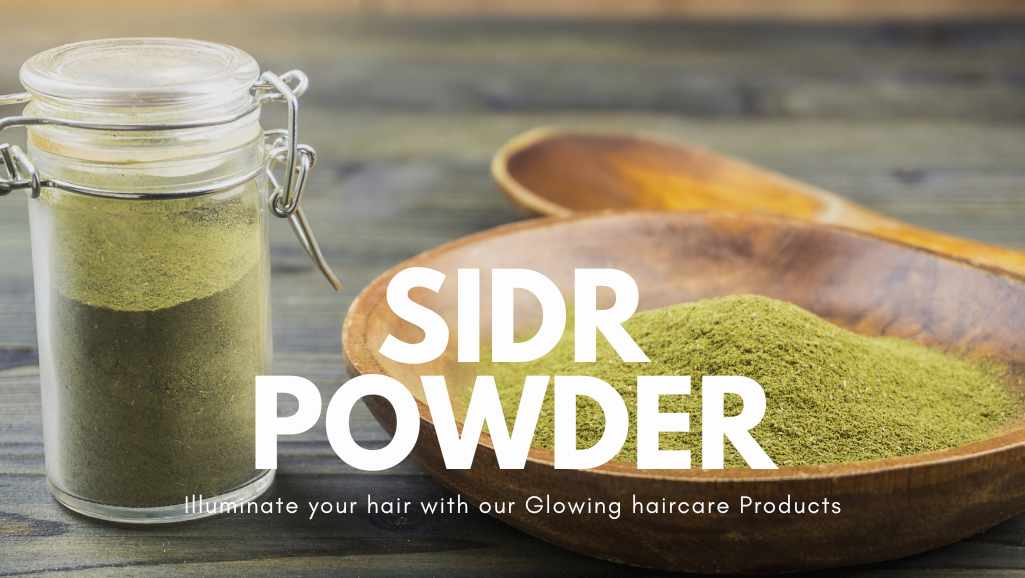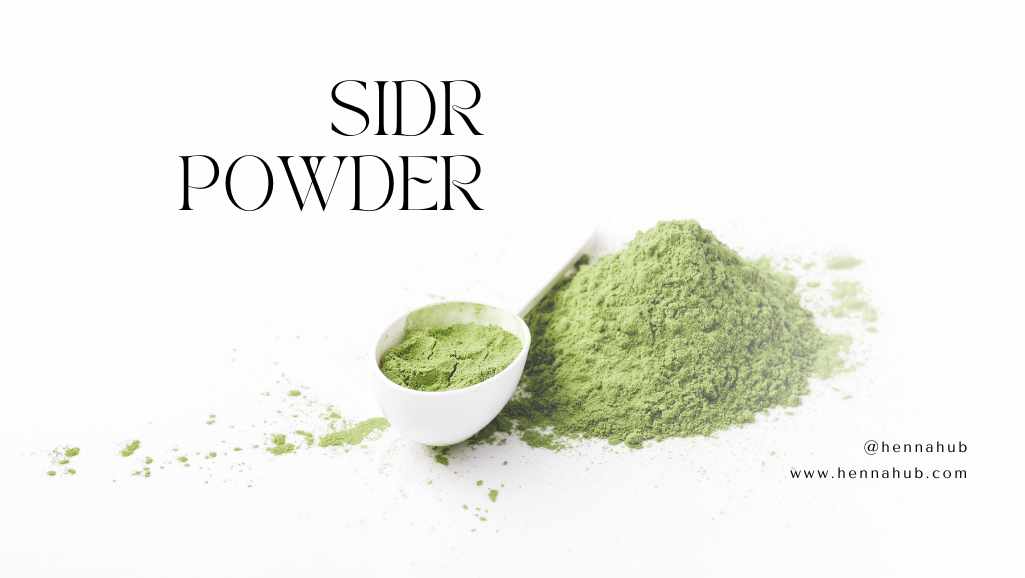Introduction to Eco-Friendly Personal Care

With a growing awareness of environmental issues, more individuals are seeking eco-friendly alternatives in their daily routines. This includes personal care products, where the demand for sustainable options is on the rise.
Sidr Powder: A Natural and Sustainable Option
Sidr powder, derived from the leaves of the Sidr tree, offers a natural and sustainable alternative in personal care. Unlike synthetic products that rely on chemical processes, sidr powder is obtained through traditional methods, minimizing environmental impact.
Benefits of Sidr Powder in Personal Care
Sidr powder boasts a range of benefits for personal care. It nourishes the hair, rejuvenates the skin, and promotes oral health, making it a versatile addition to eco-friendly beauty routines.

Comparative Analysis with Conventional Products
When compared to conventional personal care products, sidr powder stands out for its eco-friendliness. Unlike chemical-laden shampoos and skincare products, sidr powder is biodegradable and poses minimal risk to the environment.
How to Incorporate Sidr Powder into Personal Care Routines
Incorporating sidr powder into personal care routines is simple and effective. From hair masks to face scrubs to toothpaste, there are numerous DIY recipes and applications that harness its natural benefits.
Consumer Awareness and Education
As the demand for eco-friendly alternatives grows, it’s essential to educate consumers about the benefits of sidr powder. By raising awareness and promoting its usage, we can encourage more sustainable personal care practices.
Challenges and Solutions
Despite its benefits, sidr powder faces challenges in terms of accessibility and quality control. Addressing these issues through improved distribution channels and certification programs can help make sidr powder more accessible to consumers.
Conclusion
Sidr powder offers a green solution to personal care, aligning with the growing trend towards eco-friendly lifestyles. By embracing this natural alternative, individuals can not only enhance their beauty routines but also contribute to a healthier planet.
FAQs (Frequently Asked Questions)
- Is sidr powder suitable for all hair types?
- Yes, sidr powder is gentle and suitable for all hair types, from oily to dry to sensitive.
- Can sidr powder be used as a replacement for traditional shampoo?
- Yes, sidr powder can be used as a natural shampoo alternative, providing gentle cleansing without harsh chemicals.
- Is sidr powder safe for sensitive skin?
- Yes, sidr powder is generally safe for sensitive skin, but it’s always recommended to perform a patch test before widespread use.
- How does sidr powder compare to commercial toothpaste?
- Sidr powder offers natural cleaning and antibacterial properties, making it a viable alternative to commercial toothpaste for those seeking a more eco-friendly option.
- Where can I find authentic sidr powder for personal care use?
- Authentic sidr powder can be purchased from reputable online stores or specialty shops that specialize in natural and organic products.
Order now: click here
Shop now: click here
Read our blog: click here
#sidr #sidrpowder #suppliers #exporter #manufacturer #company #brand# Nigeria # Egypt # South Africa # Algeria # Morocco # Sudan # Ethiopia # Kenya # Tanzania # Ghana # Angola # Cameroon # Gabon # IvoryCoast # Madagascar # Mauritius # Mozambique # Senegal # Uganda # Zambia # Zimbabwe # Botswana # Mali # Malawi # Niger # BurkinaFaso # Rwanda # Guinea # Benin # Burundi # Togo # SierraLeone # Libya # Eritrea # CentralAfricanRepublic # RepublicofCongo # Liberia # Mauritania # Namibia # Gambia # Lesotho # GuineaBissau # EquatorialGuinea # Djibouti # Swaziland # Comoros # CapeVerde # Seychelles #hennahubindia
SaudiArabia # UnitedArabEmirates # Qatar # Kuwait # Bahrain # Oman # Yemen # Iran # Iraq # Jordan # Lebanon # Syria # Turkey # Afghanistan # Pakistan # Bangladesh # Maldives # Brunei # Malaysia # Indonesia # Libya # Egypt # Algeria # Tunisia # Morocco # Mauritania # Sudan # Somalia # Djibouti # Comoros # Senegal # Gambia # Guinea # SierraLeone # Mali # Niger # Chad # Eritrea # Mauritius # Palestine # Kuwait #india

